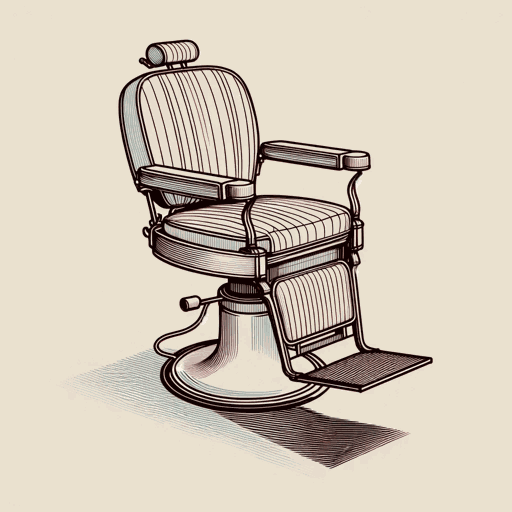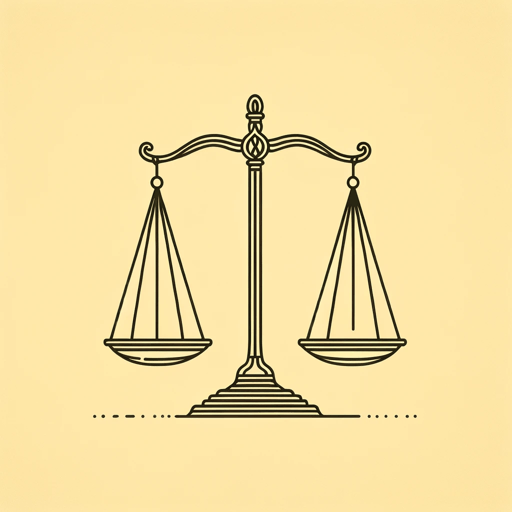51 pages • 1 hour read
Timothy B. TysonRadio Free Dixie: Robert F. Williams and the Roots of Black Power
Nonfiction | Biography | Adult | Published in 1999A modern alternative to SparkNotes and CliffsNotes, SuperSummary offers high-quality Study Guides with detailed chapter summaries and analysis of major themes, characters, and more.
Index of Terms
Jim Crow Laws
Content Warning: This section of the guide contains references to racism and racialized violence.
Jim Crow laws were a set of state and local laws that authorized racial segregation in former Confederate states. They spanned from the end of the post-Civil War Reconstruction era to the mid-20th century. In 1896, the Supreme Court ruled in Plessy v. Ferguson that “separate but equal” facilities and education were legal. In practice, the facilities that Black citizens were given access to were rarely equal to white-only facilities; they were often poorly maintained, dangerous, or nonexistent. Jim Crow laws functioned to essentially make Black people second-class citizens before being overturned in a series of Supreme Court decisions and federal legislation throughout the 1950s and 60s.
Williams was born in a South still governed by Jim Crow laws. He made integration of public facilities in Monroe a key point of his activism, leading a series of peaceful protests to integrate the Monroe Country Club’s public pool. Though Williams saw the last of the Jim Crow laws overturned within his lifetime, Radio Free Dixie emphasizes that social changes in the South were slow to take effect even after Jim Crow was repealed.
Related Titles
By Timothy B. Tyson



